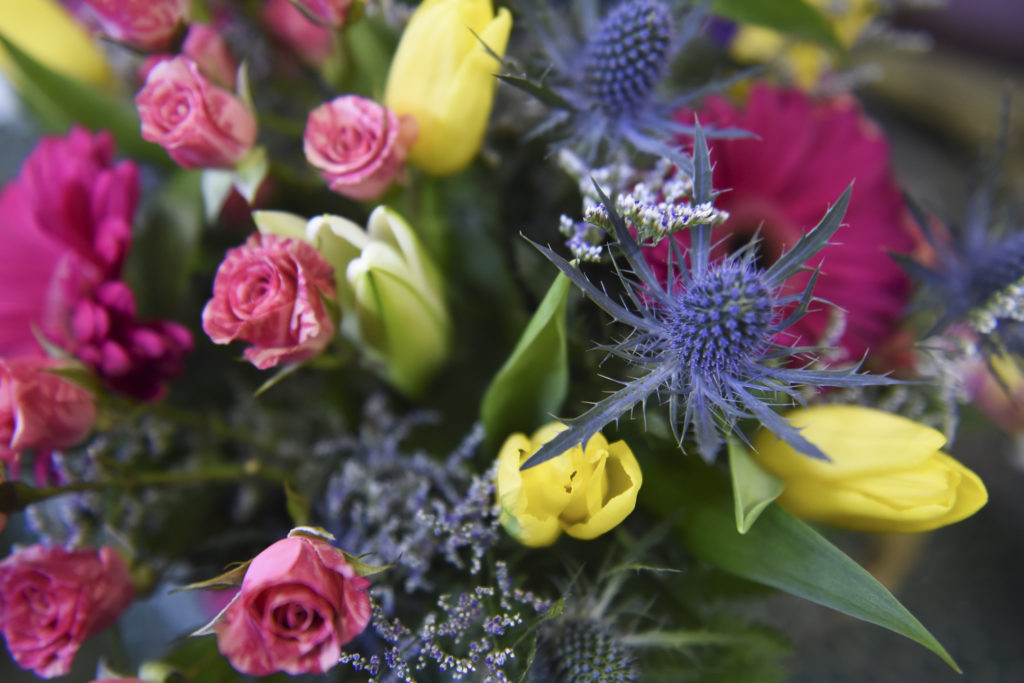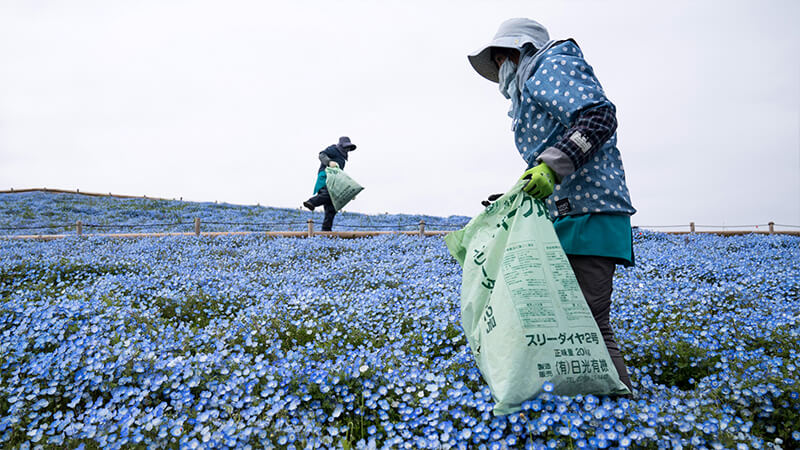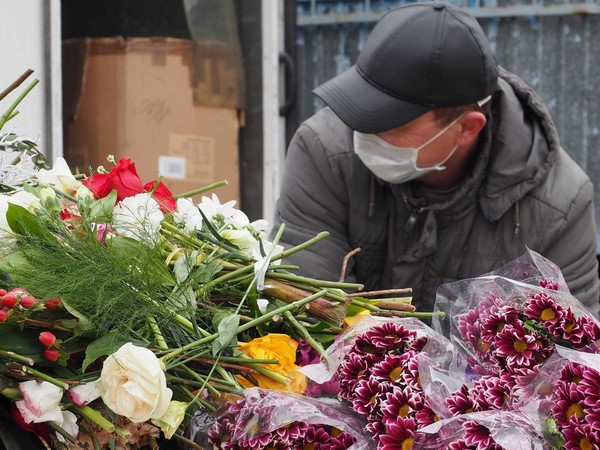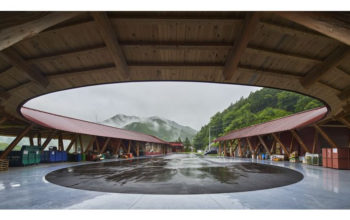During lockdown we stopped buying cut flowers, sending ripple effects along global supply chains and impacting millions of livelihoods.
The following written content by Jez Fredenburgh

Flowers have the power to comfort us, lift our mood and brighten our home. They also represent a €15bn (£14bn/$18bn) global industry that supports millions of people who grow, transport and sell them.
But as the Covid-19 pandemic took hold in March 2020 and the world went into lockdown, florists closed their doors, while shoppers prioritised rice over roses and beans over begonias.
As a result, the EU cut flower market lost €1bn (£900m/$1.2bn) in the first six weeks of lockdown, according to Union Fleurs, the international flower trade association. Few in the industry were spared the impacts, from farm workers in Africa to top florists in London.
“Spring and summer are the main seasons for events, weddings and hospitality, so for florists and growers that specialise in these, it’s been a major disaster,” says Sylvie Mamias, secretary general of Union Fleurs.

“The traumatic moment was Friday, 13 March when the Dutch auctions collapsed,” she says. Demand at Royal Flora Holland auction house near Amsterdam, which normally imports and exports 40% of the world’s cut flowers, went “completely flat”.
In the UK, where most people buy flowers from supermarkets rather than florists, sales didn’t entirely flatline. But then lorries started to back up across Europe and many passenger flights that normally transport flowers from farms in Africa and South America were grounded.
“These countries lost their connection to their markets,” says Mamias. “Growers in Africa in particular have really taken the hit.”
The loss of sales was so serious in some countries that the Fairtrade Foundation described the unfolding situation in Kenya – which supplies one-third of all roses sold in the EU – as a “humanitarian crisis”. Kenya’s 100,000 flower farm workers are generally paid low wages and therefore vulnerable to sudden losses of income, says Anna Barker, senior supply chain and programme manager for flowers at the Fairtrade Foundation. Read more from BBC Future.
Follow News Without Politics for more interesting and relevant, important U.S. and world news stories plus health, entertainment, sports, weather, food and more without media bias.
Stay informed daily. unbiased news fair and balanced, ahead of influence.




